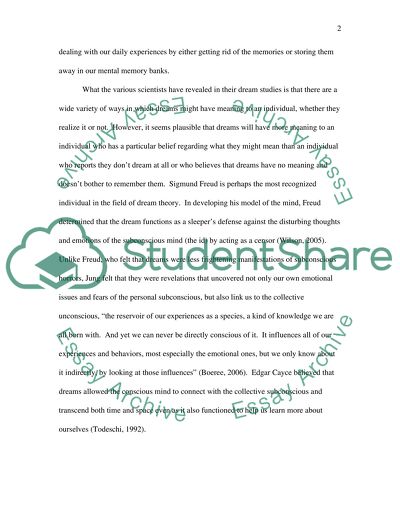Cite this document
(Why Do We Dream Essay Example | Topics and Well Written Essays - 2000 words, n.d.)
Why Do We Dream Essay Example | Topics and Well Written Essays - 2000 words. https://studentshare.org/psychology/1543348-dreams
Why Do We Dream Essay Example | Topics and Well Written Essays - 2000 words. https://studentshare.org/psychology/1543348-dreams
(Why Do We Dream Essay Example | Topics and Well Written Essays - 2000 Words)
Why Do We Dream Essay Example | Topics and Well Written Essays - 2000 Words. https://studentshare.org/psychology/1543348-dreams.
Why Do We Dream Essay Example | Topics and Well Written Essays - 2000 Words. https://studentshare.org/psychology/1543348-dreams.
“Why Do We Dream Essay Example | Topics and Well Written Essays - 2000 Words”. https://studentshare.org/psychology/1543348-dreams.


